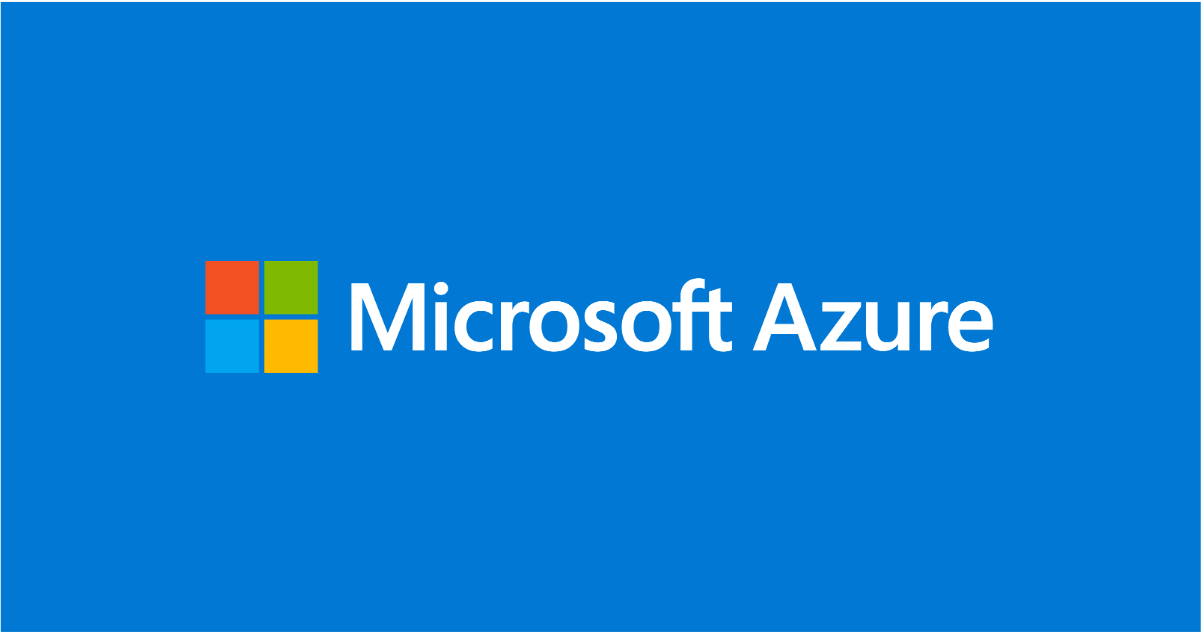How to copy all Azure Storage Tables data between two different Storage Accounts with Python

Background
This article describes how to copy all Azure Storage Tables data between two different storage accounts.
For this, we will use Azure Storage SDK for Python to copy all tables (and the respective data) from one Azure Storage Table to another Azure Storage Table. This approach will keep the data in the source tables, and will create new tables with the respective data in the destination Azure Storage Table.
This script was developed and tested using the following versions but it is expected to work with previous versions:
- Python 3.11.7
- azure-data-tables (version: 12.5.0)
- azure-core (version: 1.30.1)
Approach
In this section, you can find a sample code to copy all tables data between two Storage Accounts using the Azure Storage SDK for Python.
This Python sample code is based on Azure Storage SDK for Python. Please review our documentation here Azure Tables client library for Python | Microsoft Learn
-
- azure-data-tables (more information here azure-data-tables · PyPI). To install, please run:
pip install azure-data-tables - azure-core (more information here azure-core · PyPI). To install, please run:
pip install azure-core
- azure-data-tables (more information here azure-data-tables · PyPI). To install, please run:
Please see below the sample code to copy all the tables data between two Azure Storage Accounts using the storage connection string.
Special note: Only tables that do not exist with the same name in the destination Storage Account will be copied.
After executing this sample code, it is expected that you will find all the tables from the source Storage Account in the destination Storage Account, as well as the data from those tables.
Disclaimer:
- These steps are provided for the purpose of illustration only.
- These steps and any related information are provided "as is" without warranty of any kind, either expressed or implied, including but not limited to the implied warranties of merchantability and/or fitness for a particular purpose.
- We grant You a nonexclusive, royalty-free right to use and modify the Steps and to reproduce and distribute the steps, provided that. You agree:
- to not use Our name, logo, or trademarks to market Your software product in which the steps are embedded;
- to include a valid copyright notice on Your software product in which the steps are embedded; and
- to indemnify, hold harmless, and defend Us and Our suppliers from and against any claims or lawsuits, including attorneys’ fees, that arise or result from the use or distribution of steps.
Published on:
Learn moreRelated posts
Improved Python (PyPi/uvx) support in Azure MCP Server
Azure MCP Server now offers first-class Python support via PyPI and uvx, making it easier than ever for Python developers to integrate Azure i...
Microsoft Purview: Data Lifecycle Management- Azure PST Import
Azure PST Import is a migration method that enables PST files stored in Azure Blob Storage to be imported directly into Exchange Online mailbo...
How Snowflake scales with Azure IaaS
Microsoft Rewards: Retirement of Azure AD Account Linking
Microsoft is retiring the Azure AD Account Linking feature for Microsoft Rewards by March 19, 2026. Users can no longer link work accounts to ...
Azure Function to scrape Yahoo data and store it in SharePoint
A couple of weeks ago, I learned about an AI Agent from this Microsoft DevBlogs, which mainly talks about building an AI Agent on top of Copil...
Maximize Azure Cosmos DB Performance with Azure Advisor Recommendations
In the first post of this series, we introduced how Azure Advisor helps Azure Cosmos DB users uncover opportunities to optimize efficiency and...